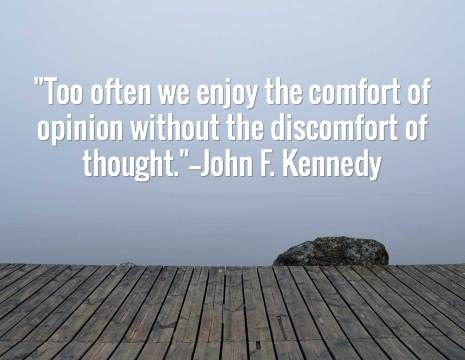“Alexa, What’s the temperature?”
“Alexa, How much does Kevin Durant make?”
“Alexa, play Beastie Boys.”
These commands are more and more common around our house as my kids learn how to get answers to their questions and access content. My 8 and 10-year-olds have grown up in a world where they can command information and content on demand, where they can pick their favorite TV show on Netflix, or watch videos on YouTube on any topic that piques their interest. They know a vast amount of information exists for their learning, and they can tap into multiple devices to access information, people, and entertainment—whenever they want and wherever they are. But it’s fair to point out that just because we can find the information doesn’t mean that a Google search should be our default.
The challenge here is that technology increasingly provides easy access to answers, but if we focus only on the answers and not on thinking, questioning, and solving, we rob students of powerful learning experiences. Perhaps more significantly, we fail to develop the 21st-century literacies that will empower them to solve complex problems and be lifelong learners. As technology advances, the role of educators (and parents) to model and guide learners to find information and to learn to how to ask better questions has become even more crucial in the development of critical thinkers.
Although we have access to information so much of it is so one-sided and I hear more and more people seeking resources that support their point of view or to attack others rather than trying to understand an issue or one another. A recent conversation with a good friend really pushed me to think about where I get my news, how I am staying informed about current events and ensuring that I am getting a balanced perspective to make informed judgments and decisions. It also reminded me of a study published out of the Stanford Education History Group that highlighted the challenges that have significant implication for our schools and how we are developing 21st-century literacies. Researchers found that middle and high school students showed an inability to evaluate information online. They had a hard time distinguishing between advertisements and news articles to determine the validity of the information or identify the information’s source. The authors of the Stanford study point out the urgency for learning these skills: “Never have we had so much information at our fingertips. Whether this bounty will make us smarter and better informed or more ignorant and narrow-minded will depend on our awareness of this problem and our educational response to it.”
The world is not static and neatly packaged. It is exciting, complex, and continually changing. To meet the needs of the learners and the demands of society, our schools must embrace this truth sooner rather than later. How are you preparing students to masterfully navigate, judge, create, and communicate in a dynamic world, both on and offline?

3 Learner-Centered Movements I am Excited to See Grow in 2024
Almost a quarter of a century into the 21st century, I am excited to see the awareness and,...


0 Comments